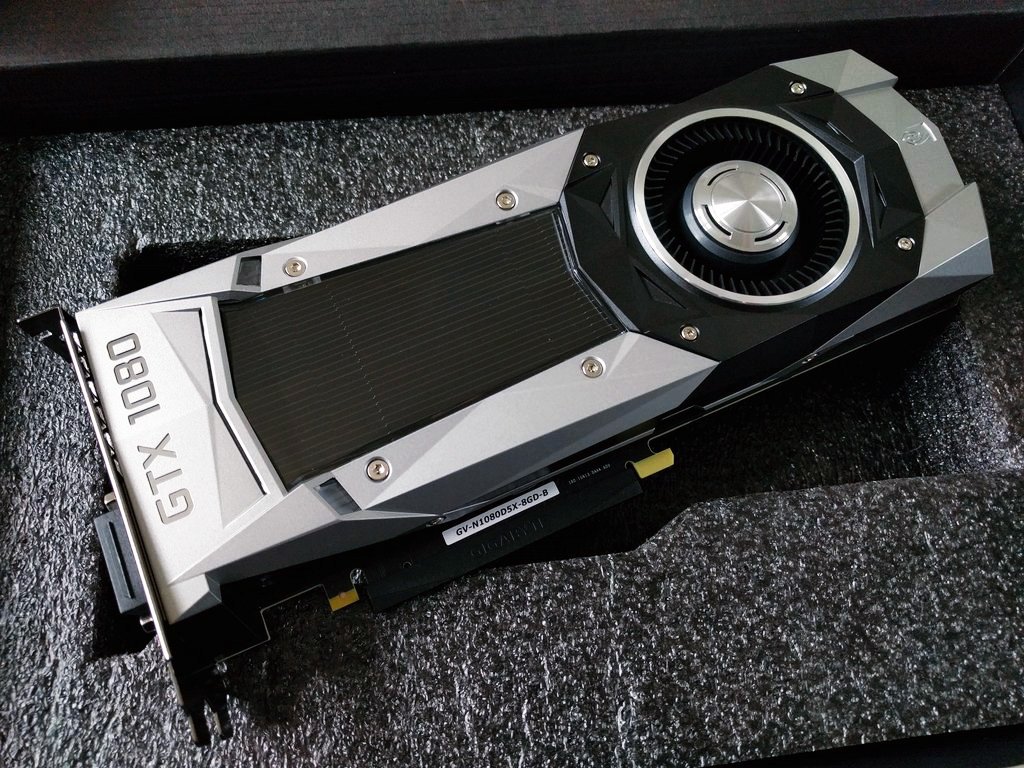NVIDIA ending GPU driver support for 32-bit operating systems this month
Following a warning shot in December, NVIDIA is killing GPU driver support for 32-bit operating systems this month.

All the latest news, reviews, and guides for Windows and Xbox diehards.
You are now subscribed
Your newsletter sign-up was successful
After announcing in December that the clock was about to run out on its support for 32-bit operating systems, NVIDIA now has a firm timeline in mind. In an updated support article (via HotHardware), the company says that it will drop 32-bit GPU driver support this month.
According to NVIDIA, critical security updates with still be available for 32-bit operating systems through January 2019. However, those who haven't moved to a 64-bit OS will miss out on Game Ready driver updates, new features, and performance enhancements. From NVIDIA:
- Drivers: Game Ready Driver upgrades, including performance enhancements, new features, and bug fixes, will be available only on 64-bit operating systems. Critical security updates will be provided for 32-bit operating systems through January 2019.
- This includes the following operating systems:
- Microsoft Windows 7
- Microsoft Windows 8/8.1
- Microsoft Windows 10
- Linux
- FreeBSD
- GeForce Experience: Software upgrades with new features, security updates, and bug fixes will be available only on Windows 64-bit operating systems. Existing features and services such as optimal game settings will continue to work on Windows 32-bit operating systems.
Additionally, NVIDIA says it is cutting support for Fermi series GeForce GPUs altogether. Critical security updates for GPUs based on the Fermi architecture will continue through January 2019.
If you're using a relatively new computer, this move likely isn't much of a concern. For gamers in particular, who are more likely to keep their systems updated and tuned for performance, the likelihood that they're still running a 32-bit OS is slim. Still, for those who are affected, this is sure to be a bit of an inconvenience.
All the latest news, reviews, and guides for Windows and Xbox diehards.

Dan Thorp-Lancaster is the former Editor-in-Chief of Windows Central. He began working with Windows Central, Android Central, and iMore as a news writer in 2014 and is obsessed with tech of all sorts. You can follow Dan on Twitter @DthorpL and Instagram @heyitsdtl.
